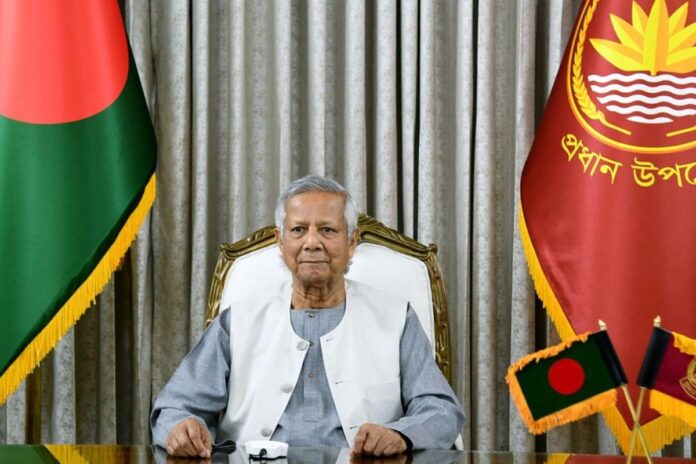The voting age proposal to lower the eligibility for voters to 17 years is gaining momentum in Bangladesh. Chief Adviser Muhammad Yunus suggested the change on Friday, emphasising the importance of involving young people in policy-making and nation-building. The current voting age is 18, and this proposal aligns with a growing demand for political reform following student-led uprisings against the former Prime Minister Sheikh Hasina.
The Need for Reform
Yunus, speaking at a national dialogue on reform and unity, highlighted that young people are deeply interested in shaping their country’s future. “To get their opinion on their own future, I think the minimum voting age should be fixed at 17,” he stated. The move is seen as a step toward inclusivity, allowing the youth to have a stronger voice in elections.
Constitutional Reform And Representation
The constitutional reform commission, headed by Prof. Ali Riaz, is also considering lowering the minimum age to become a Member of Parliament (MP) from 25 to 21 years. According to Riaz, this change could pave the way for younger representation in governance. Additionally, the commission plans to urge political parties to allocate one-fourth or one-third of their contested seats to young candidates, ensuring greater youth participation in leadership roles.
Political Party Reactions
The Bangladesh Nationalist Party (BNP) has been advocating for early elections, considering it a critical step toward restoring democracy. During the dialogue, BNP Secretary General Mirza Fakhrul Islam Alamgir reiterated the party’s stance. Meanwhile, BNP’s Senior Joint Secretary Ruhul Kabir Rizvi alleged that a state intelligence agency might be maneuvering to establish a “king’s party,” signaling ongoing political tensions.
The proposed voting age reform and related constitutional changes underscore Bangladesh’s commitment to fostering a politically engaged and youthful democracy. Whether this bold step will materialize depends on broader political consensus and public support.

